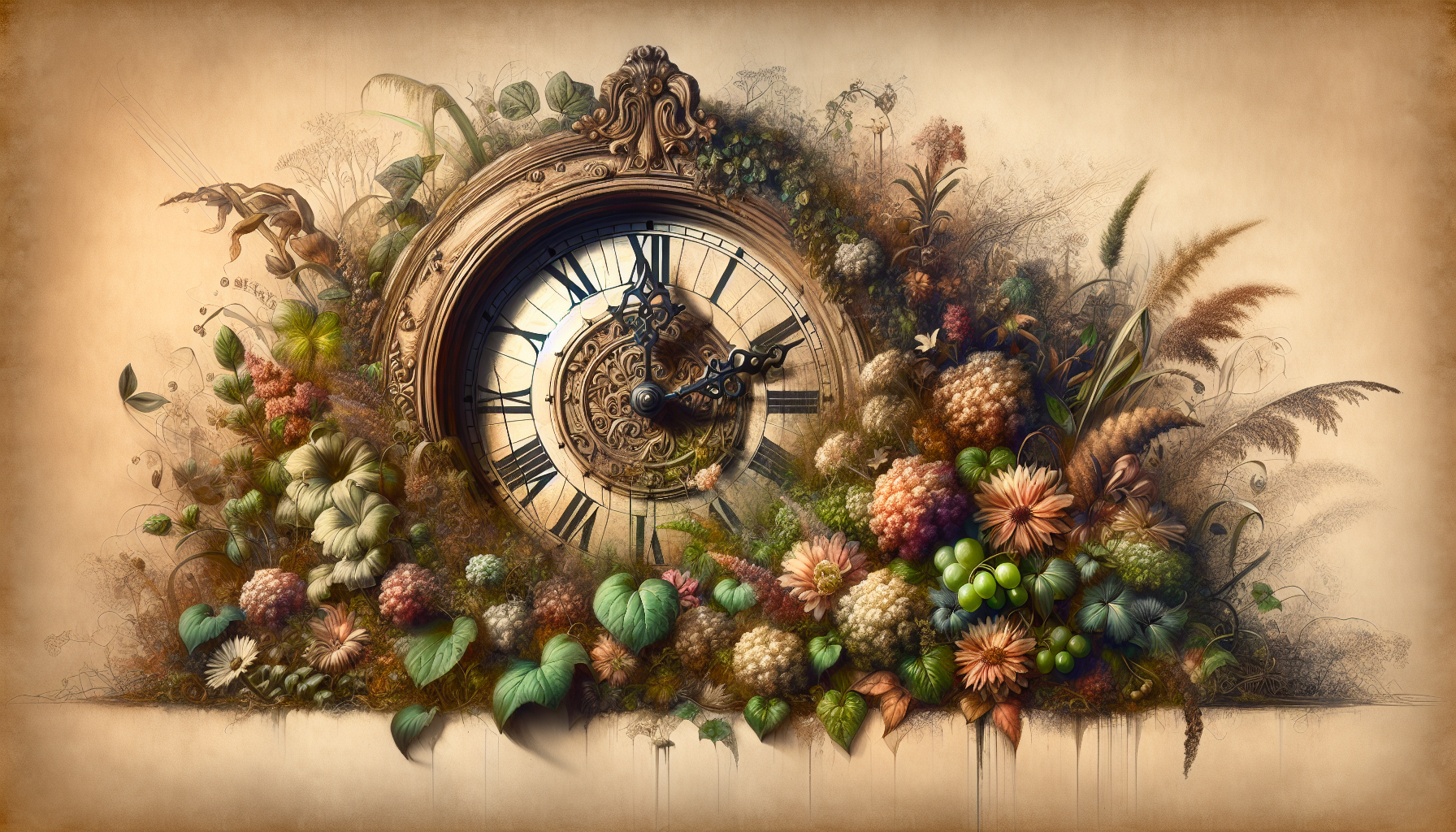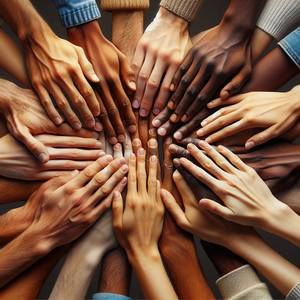Women in the NHL: Breaking Barriers and Building Legacy

The relationship between women and hockey has been fraught with complexities. Women have played the sport for over a century, yet it wasn’t until the late 20th century that they began to gain recognition in professional leagues. The establishment of women’s leagues, alongside growing participation at various levels, laid a foundation for future advancements. Nevertheless, the NHL remained predominantly male-dominated, with limited opportunities for women until recent years. The absence of women in high-profile roles often perpetuated the notion that hockey was a male-only sport, further marginalizing female athletes.
Pioneers and Trailblazers
The discussion around women in the NHL is incomplete without acknowledging the pioneering figures who have broken down barriers. Players like Cammi Granato and Hayley Wickenheiser exemplify the spirit of resilience and skill. Granato, as the first woman inducted into the U.S. Hockey Hall of Fame in 2008, not only showcased her talent but also served as an inspiration for many. Wickenheiser, a legendary figure in Canadian women’s hockey, has made significant contributions on and off the ice, serving as a role model and advocate for female athletes. In recent years, the NHL has made notable strides in hiring women for coaching and executive positions. The New Jersey Devils made history in 2016 by hiring Cammi Granato as the first female scout in the league. Teams like the Tampa Bay Lightning and the San Jose Sharks have also appointed women to key roles within their coaching staff, marking a significant shift in the NHL's approach to gender diversity. These advancements reflect a growing recognition of the value women bring to the sport, not only as players but also as contributors in leadership capacities.
Challenges Faced
Despite these advancements, women in hockey continue to confront numerous challenges. Gender bias remains a significant hurdle, with many female athletes facing skepticism regarding their capabilities based solely on their gender. Prominent Canadian player Sarah Nurse has spoken out about the need for increased visibility and support for women in the sport, emphasizing that equal opportunities are essential for hockey’s growth. Moreover, the wage gap persists, with female players earning significantly less than their male counterparts. The disparity in resources, sponsorship opportunities, and media coverage exacerbates these challenges, making it difficult for women to pursue careers in professional hockey on par with men. Women’s leagues often struggle for funding and visibility, which can hinder the development of talent and the overall growth of the sport.
Building a Legacy
Despite the challenges, women in the NHL are forging a legacy that will inspire future generations. Initiatives like the NHL’s “Hockey is for Everyone” campaign promote inclusivity within the sport, highlighting the importance of diversity at all levels. This commitment to inclusivity not only benefits women but also enriches the game by introducing varied perspectives and experiences. The success of women’s leagues, such as the Premier Hockey Federation (PHF) and the Professional Women’s Hockey Players Association (PWHPA), underscores the growing demand and appreciation for women’s hockey. These leagues are elevating the profile of female athletes, showcasing their talent and dedication while advocating for greater investment and recognition. As more fans tune in to watch women’s hockey, the potential for growth in this area becomes increasingly apparent.
The journey of women in the NHL is a testament to resilience, determination, and the pursuit of equality in sports. As barriers continue to be dismantled, the contributions of women in hockey are increasingly recognized and celebrated. By breaking through the glass ceiling, female players, coaches, and executives are not only changing the narrative of the NHL but are also inspiring a new generation of young girls to dream big and believe that they too can play significant roles in the world of hockey. The future of the NHL is brighter and more inclusive, thanks to the ongoing efforts of these remarkable women who are building a legacy that will last for generations. As the sport evolves, the influence of women will undoubtedly continue to grow, enriching the game and expanding its reach.
Hockey Operations Coordinator
Responsibilities
Assist in the management of player analytics and performance evaluation.
Support scouting efforts by organizing data and reports on player performance.
Collaborate with coaches and management to develop strategies for team improvement.
Required Skills
Strong analytical skills with proficiency in data analysis software.
Excellent communication and organizational abilities.
Familiarity with hockey operations and player evaluation methods.
Common Employers
NHL teams
minor league organizations
hockey analytics firms
Sports Marketing Manager – Women's Hockey
Responsibilities
Develop and implement marketing strategies to promote women's hockey leagues and events.
Manage social media campaigns and community outreach programs to increase visibility.
Collaborate with sponsors and partners to drive engagement and funding for women's hockey initiatives.
Required Skills
Strong background in digital marketing and brand management.
Experience in sports marketing or event management.
Passion for women’s sports and a deep understanding of the hockey community.
Common Employers
Women's hockey leagues
sports marketing agencies
NHL teams focusing on diversity initiatives
Player Development Coach
Responsibilities
Design and implement training programs tailored for female hockey players at various skill levels.
Provide one-on-one coaching and mentorship to enhance player performance and skills.
Evaluate player progress and adjust training regimens as necessary.
Required Skills
Certification in coaching and extensive knowledge of hockey fundamentals.
Experience playing or coaching at a competitive level.
Strong interpersonal skills to effectively mentor young athletes.
Common Employers
Women's hockey leagues
youth organizations
NHL teams with player development programs
Sports Journalist – Women’s Hockey
Responsibilities
Research and write articles covering women’s hockey, highlighting players, teams, and leagues.
Conduct interviews with athletes, coaches, and officials to provide in-depth insights.
Create multimedia content for various platforms, including social media and podcasts.
Required Skills
Strong writing and storytelling abilities with a focus on sports.
Familiarity with journalism ethics and digital media.
Passion for women's hockey and a commitment to promoting gender equity in sports.
Common Employers
Sports media outlets
online publications
broadcasting networks
Diversity and Inclusion Consultant – Sports Organizations
Responsibilities
Develop and implement strategies to promote diversity and inclusion within sports organizations.
Conduct training sessions and workshops focused on gender equity and bias awareness.
Collaborate with leadership teams to assess and enhance diversity initiatives within the organization.
Required Skills
Expertise in diversity training and organizational development.
Strong communication and facilitation skills.
Background in sports management or human resources is preferred.
Common Employers
NHL teams
sports governing bodies
non-profit organizations advocating for inclusion in sports


